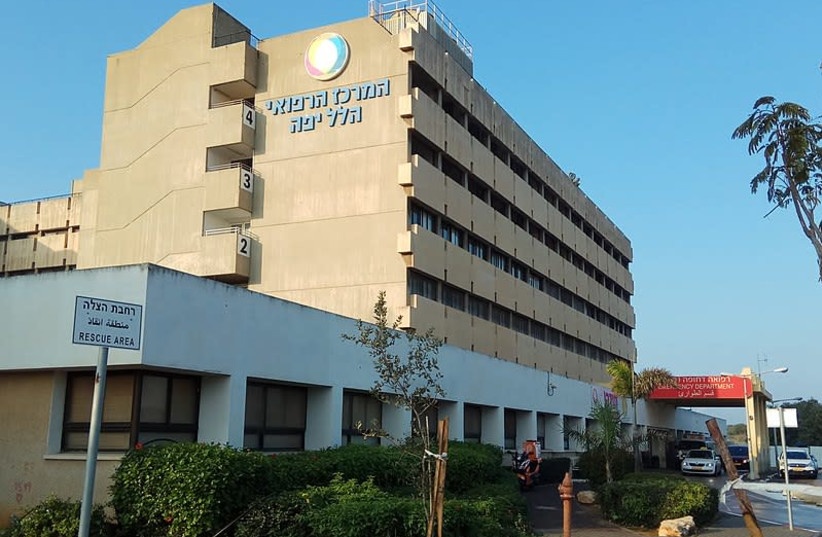Since the attack, which happened without any prior warning, the hospital has been using alternative systems when treating patients, and hand-writing patients’ information. The hospital is functioning normally, except for elective, non-urgent operations. All vital equipment including CT and MRI scanners are working properly.
Meanwhile, the Laniyado Medical Center in Netanya is ready to accept patients who cannot be treated at Hillel Yaf because of a cyberattack. Hillel Yaffe has asked Magen David Edom and the Ministry of Health to bring patients who do not need immediate care to other hospitals.
The incident has been reported to the ministry and the National Cyber Directorate and according to the hospital is being handled by the best experts in the field. The ministry has updated other hospitals about the incident as a precaution.
The attack was carried out by a new group of hackers who are also responsible for the attack on a US hospital, Jerusalem StatusT’s Sister Publications marivo informed of.
According to N12, the Director General of the Ministry of Health, Prof. Nachman Aish asked hospitals and HMOs to exercise maximum vigil amid concerns about further attacks on additional hospitals or clinics. Ash also said that hospitals and HMOs should ensure that they have backups that can be used to ensure continuity of treatment in case further attacks occur.
 Hillel Yaf Hospital in Hadera. (credit: Wikimedia Commons)
Hillel Yaf Hospital in Hadera. (credit: Wikimedia Commons)
Cato Networks chief information security officer Amit Spitzer said the incident “raises questions about the fate of the personal medical information of many patients at the hospital.”
Spitzer stressed that in similar cases, paying the ransom didn’t help and eventually the information was leaked or permanently deleted.
“The current assumption is that the attack was carried out by a hostile party that wants to cause harm, and the ransom demand is only here,” Spitzer said.
Yossi Rachman, director of security research at CyberSun, said, “Ransomware attacks are no longer a local problem of one organization or another, but a global crisis that indiscriminately affects critical infrastructure, medical institutions and many businesses around the world. Is.” attack.
“When it comes to targeted attacks on hospitals, attackers know that the attacking organization is expected to respond quickly, with delays in performing critical medical procedures as well as fears of leaking sensitive medical information about patients. Because of,” he said.
CyberSun recommends that each organization follow well-proven information security practices, including ensuring that software is kept updated, and that there are clear security procedures and tools in place for prompt protection and response to information security incidents .
The company advises not to cooperate with the attacks and to refrain from paying the ransom.
The attack is the latest in a long series of cyber attacks on Israel in recent years.
Last month, a hacker group named Deus leaked data it claims from the company’s customers, including 10bis, CMTrading, Mobileye, eToro, Gett and My Heritage, in a cyberattack on Israeli call center service company Voicenter. Received. The leaked data so far includes security camera and webcam footage, ID cards, photos, WhatsApp messages and emails as well as recordings of phone calls.
A series of cyberattacks have affected Israeli businesses and institutions over the past two years, including Israel Aerospace Industries, Shirbit Insurance Company and Amital Software Company.
The National Cyber Directorate reported that it handled over 11,000 inquiries on its 119 hotline in 2020, which is almost 30% more than it handled in 2019. The directorate made about 5,000 requests from entities to handle vulnerabilities that exposed the attacks, and was in touch. About 1,400 entities related to attempted or successful attacks.
Zev Stubb contributed to this report.